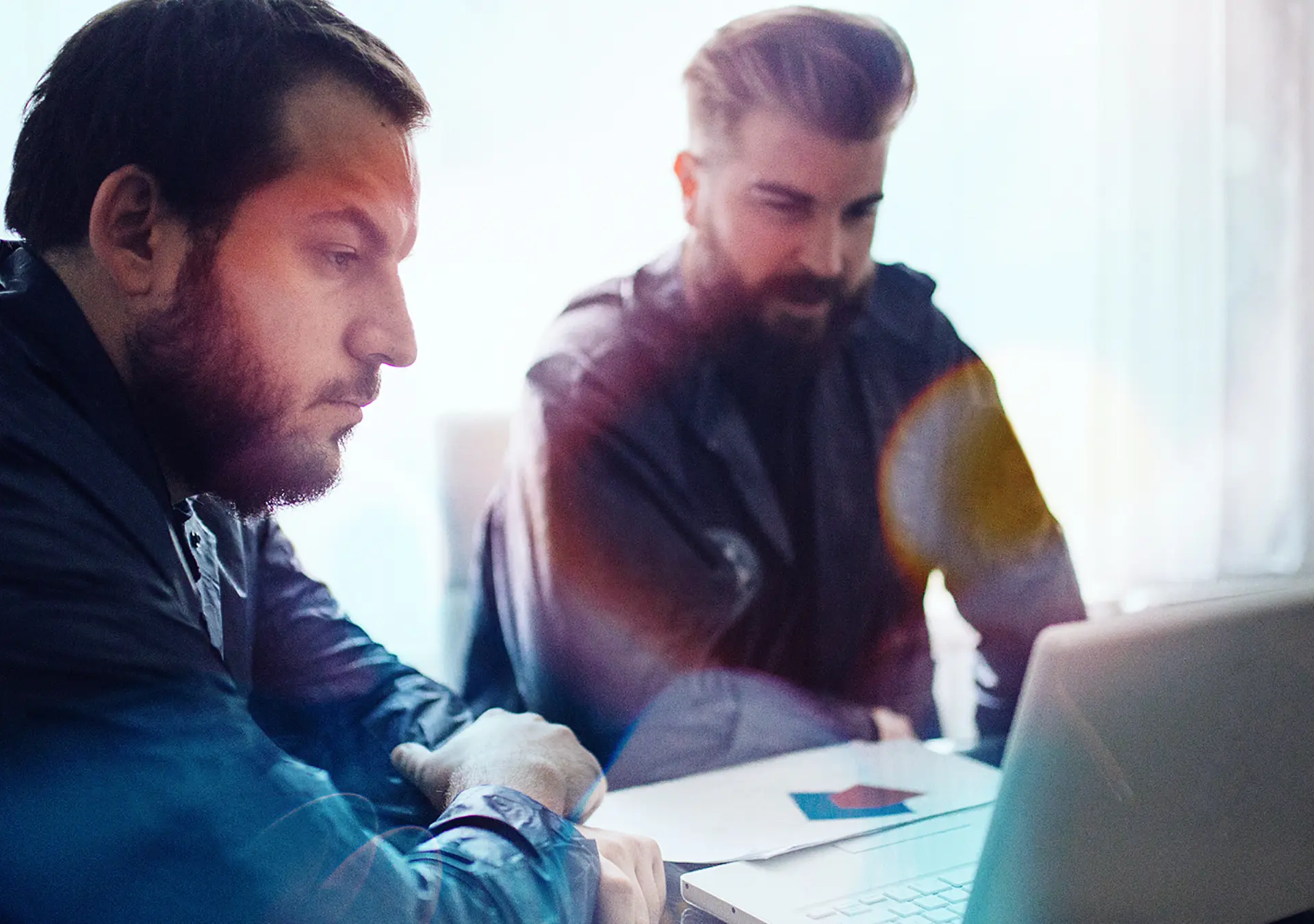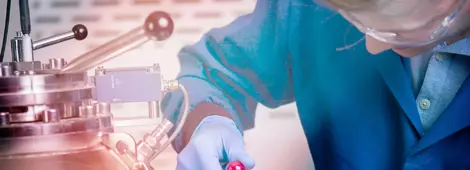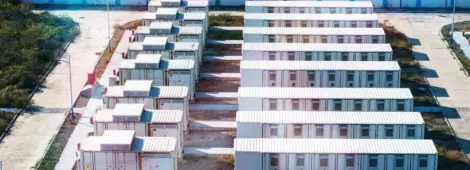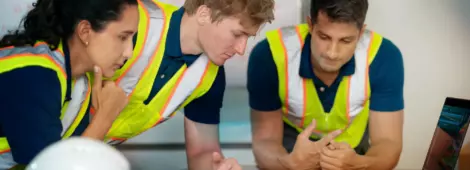
The Remote Interview: How to Get Results from a Distance
by Mark Giuffre
The COVID-19 pandemic has changed how we do things across businesses and industries, in our public and private lives. We’ve gotten creative about how to do our jobs from a distance. Some miss the old ways, but, perhaps surprisingly, we’ve also found new and better ways to go about business as usual.
Law enforcement and investigation are no exception. As the pandemic continues and life moves on, our teams here at Jensen Hughes have had to get creative with how we conduct interviews supporting investigations. Remote interviews are now part of our everyday lives. With the right tactics and tools, our interviewers have learned to gain equally useful results from a remote interview as they would in-person. We thought that sharing a few insights into what we’ve learned might prove helpful to others with similar objectives.
The Pandemic Paradigm Shift
Although pandemic conditions are a temporary hindrance, many of the changes it brought about are permanent. The new systems work better and make more sense in today’s technologically advanced world. The concept of a central office has faded, and remote and hybrid models continue to evolve.
Investigations have followed suit. When remote interviews became the default during the pandemic, investigators found they offered many advantages. For example, conducting the interview as quickly as possible is in everyone’s best interest. Delays can introduce vulnerabilities, such as:
- Difficulty tracking and tracing evidence
- Accidental or purposeful loss of evidence
- Decreased recall of the event
- Burnout among investigators
- Regulatory or reputational risk to the organization and client
Conducting interviews remotely eliminates many of the barriers to expediency, including travel. Whether on a video meeting or on the phone, an interviewer can often virtually sit down with the subject in a tighter timeframe than when doing so in person.
Additionally, eliminating travel saves the client and the organization valuable funds that can then be used to defray other costs associated with the investigation.
9 Keys to Conducting a Successful Remote Investigative Interview
Although you’ll implement many of the same strategies you use in-person, follow these steps to help ensure success during a remote investigative interview:
1. Identify the right setting: Whether you will be at home, at your office, in an investigation room or anywhere else, ensure you have a private and quiet space without interruptions. When scheduling the interview, inform the subject they should do the same.
2. Get your technology up to speed: Do everything you can in advance to avoid delays or quality challenges in your systems – from your internet connection to your camera and voice controls. Engage a colleague to help you conduct a technical dry run. Ask the interviewee to ensure their connections and equipment are also effective and in place. Where you can, establish back up plans for systems where you can. Be prepared to switch platforms (e.g., Teams/Zoom) if necessary.
3. Pay attention to how you will present on the screen: Test the camera before the call starts. Avoid deep shadows or intense sunlight. Either select a neutral background, such as a back wall with a simple painting or take advantage of the packaged screen backgrounds available on some call platforms like Teams.
4. Keep body language in mind: Try to sit directly in front of the camera – and lean in to establish connection and presence. Plan on spending at least a minute at the start of the call ensuring that you can see the interviewee appropriately and that they can see you.
5. Silence alerts and notifications: These are most likely to be from your phone, computers or other nearby devices. Also be sure to secure pets in other rooms and, if you have children at home with you, that they’re not going to interrupt your session.
6. Dress the part: You may be at home, but your clothes should say you’ve got a job to do. Wearing professional clothing helps set the tone of the interview.
7. Employ professional conduct: Again, your setting shouldn’t determine your clothes, and it shouldn’t determine your conduct either. This is a professional video or phone call. You should act as you would in a professional setting, even if you’re at the kitchen table.
8. Preparation is key: If you have photographs, records, documents or props to share with the subject, do so directly before or during the interview. If you need a translator or other supplementary help, arrange it beforehand and make sure you can conference the person into the call.
9. Diffuse any discomfort with the remote format: Consider “breaking the ice” in the beginning of the investigation by briefly asking the interviewee if they are comfortable in the setting and if they need to make any adjustments to make the discussion more fruitful. Knowing whether the other person is anxious or uncomfortable can be important information that helps you adjust your interview approach – e.g., plan, tone, sequence of questions, and “small talk” – to achieve your interview objectives.
Finally, don’t settle for mediocrity. If you don’t achieve your objectives during the call, reschedule a follow-up discussion. Or, in some cases, make the follow-up an in-person interview. Outside of pandemic-related protocols, there may be no reason not to. The good news is you now have a choice in conducting an investigative interview and, surprisingly, the remote option in many cases may be the superior one.

Mark Giuffre, CFE, CAMS, CPP is a Senior Director with a background in investigations. He is trained, experienced and certified in financial, fraud, money laundering, asset forfeiture and security programs. He has conducted hundreds of…












